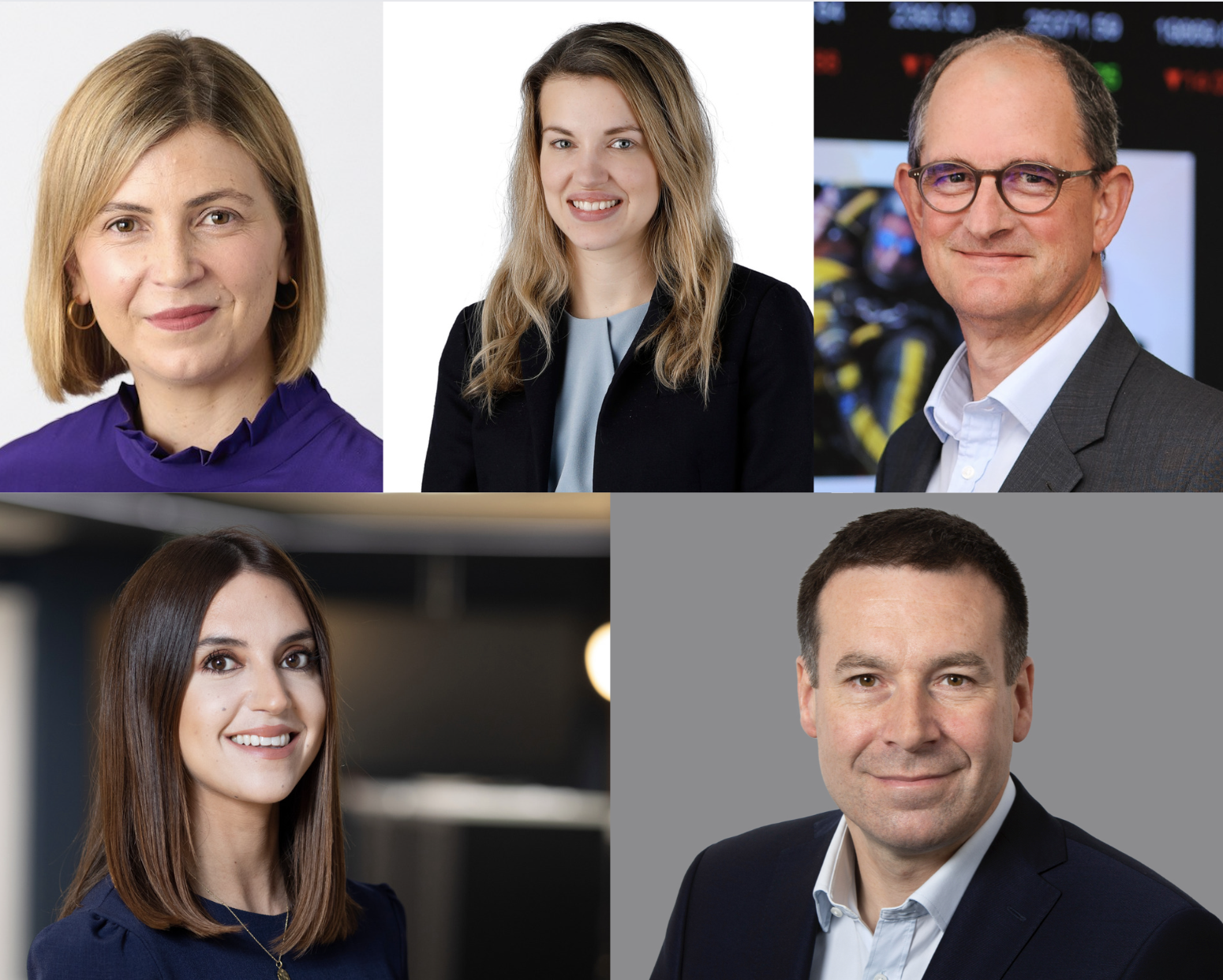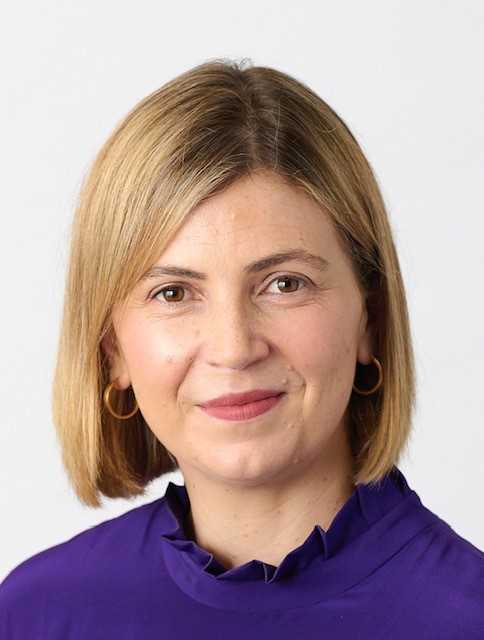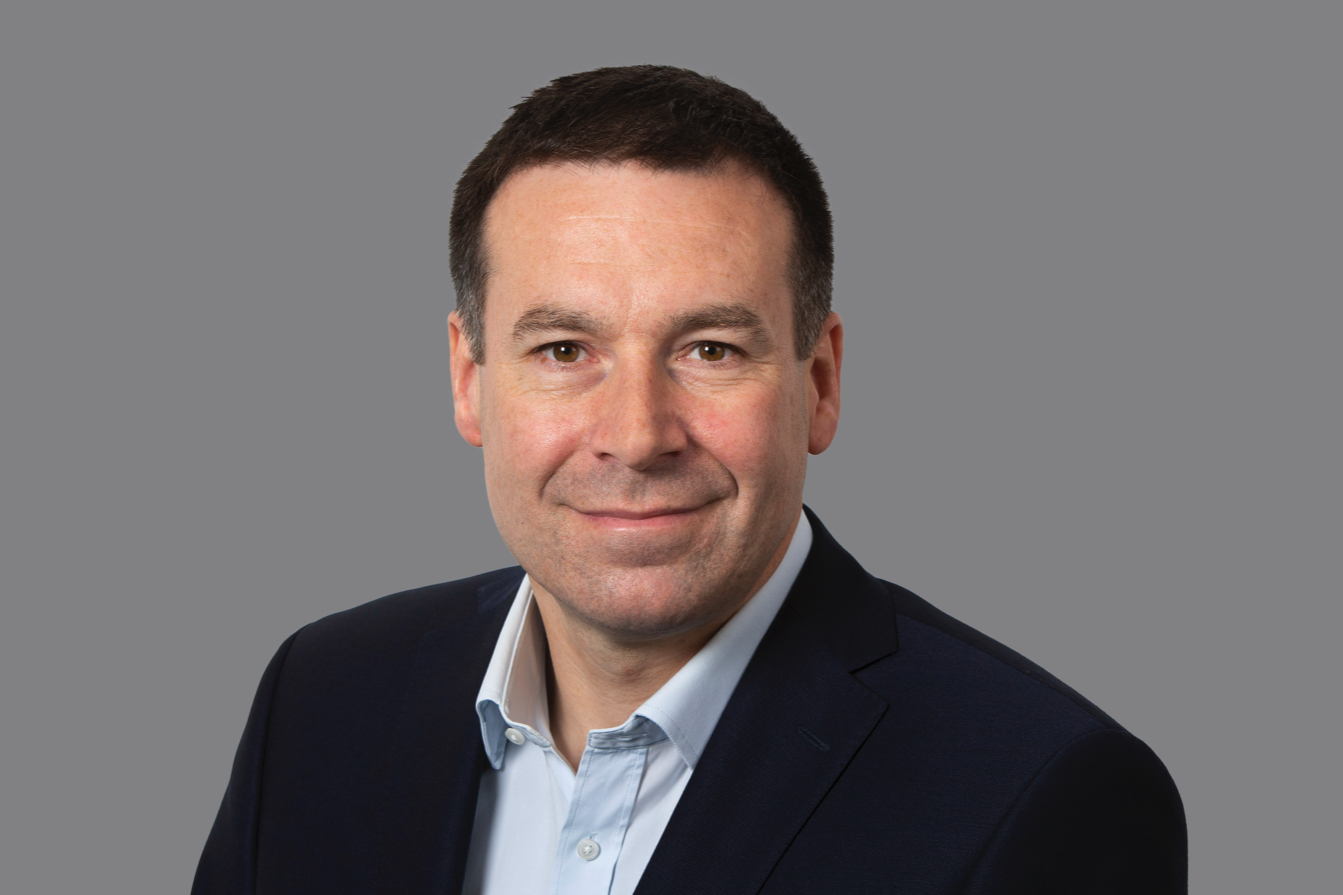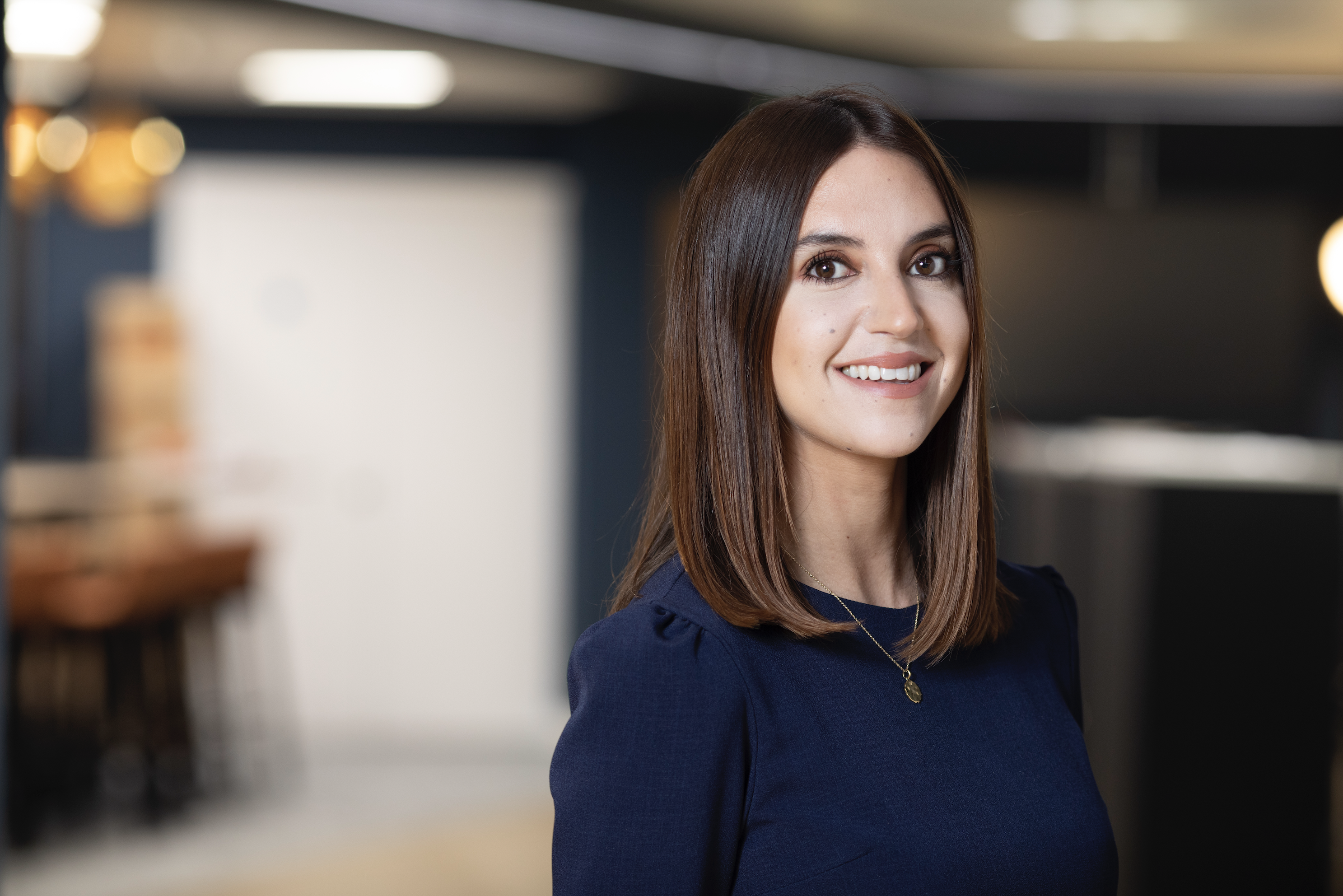We're financial experts and this is where we’re investing right now
Five experts share how they’re investing their cash to reach their goals. Plus they dish out some investment tips during this time of high inflation and erratic stock markets.


Get the latest financial news, insights and expert analysis from our award-winning MoneyWeek team, to help you understand what really matters when it comes to your finances.
You are now subscribed
Your newsletter sign-up was successful
Want to add more newsletters?

Twice daily
MoneyWeek
Get the latest financial news, insights and expert analysis from our award-winning MoneyWeek team, to help you understand what really matters when it comes to your finances.

Four times a week
Look After My Bills
Sign up to our free money-saving newsletter, filled with the latest news and expert advice to help you find the best tips and deals for managing your bills. Start saving today!
Interest rates are at a 15-year high, inflation remains sticky, house prices are in freefall, bonds are back in vogue, AI fever is everywhere
Add to the mix the continuing Russia-Ukraine war and political uncertainty in our own country with Labour having a decent chance of winning the next election, it can be tricky working out how best to save and invest your money.
We asked five experts to reveal how they’re investing their money right now, such as which asset classes and sectors look attractive, which funds they like - and whether it’s worth holding cash in savings accounts or Premium Bonds.
MoneyWeek
Subscribe to MoneyWeek today and get your first six magazine issues absolutely FREE

Sign up to Money Morning
Don't miss the latest investment and personal finances news, market analysis, plus money-saving tips with our free twice-daily newsletter
Don't miss the latest investment and personal finances news, market analysis, plus money-saving tips with our free twice-daily newsletter
Tom Stevenson, investment director for personal investing at Fidelity International

“I recently turned 60, which is definitely a factor in choosing where to invest. My time horizon is long enough to focus on inflation-beating growth as well as income, but I am also increasingly conscious of the importance of capital preservation.
“For short-term needs, such as outstanding tax liabilities or paying for one-off expenses like weddings, money market funds provide a useful place to park money while still receiving a decent income.
“When I looked back recently at the performance of different asset classes and geographical regions over the past couple of decades, I was struck by the really wide dispersion of returns and the unpredictability at the outset of which the winners would be. This makes me very focused on broad diversification. I hold investments in the US, UK, Europe, Asia and Japan.
“There is a wide divergence between equity valuations in different regions. Markets outside the US are significantly cheaper than Wall Street, but they do not enjoy the growth potential of areas like technology and AI, so I will continue to put my eggs in a variety of baskets. I am wary of overpaying for growth and think that valuation is a key factor in determining future returns.
“I also like simplicity, so my preference is for global funds. Many of the best managers have a global remit. I like the Rathbone Global Opportunities Fund for growth, and the Schroder Global Recovery Fund for value.
“I am more focused on fixed income than I ever have been before. In part, this reflects my age. I value the lower volatility of bonds. But I also think there is real value when compared with shares. It is possible to lock in a high yield today with the prospect of a capital gain too, as and when interest rates start to fall again. Longer-dated government bonds are the best way to play this interest rate normalisation.
“My portfolio also has some exposure to private equity, property, infrastructure and gold, so I am reasonably diversified across asset classes too.
“My preference is for actively managed funds. I am not averse to index trackers, and they are a cheap way to get exposure to a market, but the gap between the best managers and the index is wide over a longer timescale and I don’t want to miss out on the possibility of investing with the best managers.
“When it comes to deciding between funds and shares, my appetite for single company risk is lower than it used to be. I do not really trust my ability to spot the next big winner and to stick with it through the inevitable ups and downs of the market. Any investments in individual shares will represent a very small part of my portfolio.”
Maike Currie, head of content at Hargreaves Lansdown

“Although inflation is moving in the right direction, it’s still very high compared to what we’ve seen in the more recent past. That’s bad news for my cash. If inflation is running at 6%, £1,000 left to languish in an ultra-low interest rate savings account for 12 months would be worth around £940 in today’s terms.
“As such, I’m sticking to the stock market, drip-feeding money into my stocks and shares ISA and finding solace in the current Goldilocks scenario that seems to be playing out in markets. The world’s largest economy – the US - seems to be heading for a ‘not-too-hot, not-too-cold’ scenario with its central bank, the Fed, managing to navigate the tricky challenge of getting inflation out of the system, while not inflicting too much damage on the economy.
“I’m considering setting up a regular savings plan to drip some of my savings into the HL US Fund to up my exposure to a market that’s simply too big to ignore. Yes, the US is a very well-researched market, poured over by analysts and professional investors, which makes it a notoriously difficult one in which to deliver outperformance. That’s why I like the approach adopted by this fund’s managers - hand-picking a team of external fund managers who they believe offer the best potential for long-term performance.
“As for my ‘play pot’, the more speculative part of my investment portfolio where I like to explore new ideas and themes, I’m keeping a close eye on the big movements in artificial intelligence (AI) and the companies that are involved in this space. I’m not the only one with tech front of mind, with companies like NVIDIA, the leading manufacturer of the chips used to power AI hardware, continuing to pique investor interest but now looking eye-wateringly expensive.
“As ever, it’s important to remember that ‘price is what you pay, value is what you get’. There may well be opportunity in this space, but it’s important to make sure you approach investing with a level head, rather than follow the crowd. And price does matter.
“With AI fever everywhere, I may just take a more considered and diversified approach, and instead top up my existing holding in Scottish Mortgage. The investment trust has benefitted from some strong results from NVIDIA, as well as AI beneficiaries like Amazon and Snowflake, but it’s at a more palatable price, with Scottish Mortgage trading on a notable discount meaning the market price of the investment trust is trading below its net asset value.”
Laura Foll, investment trust manager at Janus Henderson

“From my experience, most fund managers (me included) spend so much time thinking about the funds they run that managing personal finances falls down the priority list. So, I keep my own investments simple. I own the investment trusts that I co-manage – Lowland Investment Company, Henderson Opportunities Trust and Law Debenture – alongside a few other equity investment trusts, like City of London and Murray Income. And I hold as much as possible within my ISA.
“Aside from investment trusts I also hold a chunk in Premium Bonds for me and my children – the advantage being that any winnings are tax-free, and it provides a bit of fun at the beginning of each month!
“My investments are heavily focussed on UK equities. While this region has underperformed since Brexit, the valuation discount versus overseas and versus its own history is large. I spend lots of time meeting UK companies, which gives me a different perspective to the gloomy outlook you often see in the media. Usually, I find businesses are well managed with good scope to grow over time. It makes me think the pessimism towards the UK is overdone – and that makes the UK an interesting opportunity right now.”
Stephen Snowden, head of fixed income at Artemis

“For the first time in nearly 30 years of personal investing, I have actually invested my ISA money in my own funds – primarily the Artemis Target Return Bond Fund and also the Artemis Corporate Bond Fund. I’ve invested for strategic reasons in the past – to help get a fund started and show my commitment. But this is the first time from a purely investment perspective I’ve gone for bonds in my ISA.
“I think the biggest beneficiary of QE was equities, but that’s reversing. The global population will shortly stop growing and there’s a rising risk that central banks will misjudge interest rate hikes and cause a hard landing for the global economy. Good short-duration bonds generate over 6% a year currently. You’ve got to be pretty bullish on the economy to think equities can beat that – or else in your 20s with a very long-term view, which is not me anymore!
“I think inflation will come down and by buying into a bond fund now you’re locking in that high return for three to five years or so – better than you’ll get in most cash savings accounts.”
Victoria Scholar, head of investment at Interactive Investor

“I believe that time in the market is more important than timing the market. Regular investing over the long term is the best way to stand yourself in a strong financial position later in life. You get the benefits of compounding by sticking in the market over long periods and investing each month can help smooth out the market’s natural gyrations and spare you the risk of having to figure out when’s the best time to buy.
“I try to maintain a diversified portfolio across sectors and geographies using tracker funds, sector-specific funds and a sprinkling of individual stocks. I also try to make the most of my ISA and SIPP wrappers. My goal is to invest for the long term so I try not to make changes too frequently or get dismayed when markets go down.
“Earlier this year I bought shares in UBS following its forced takeover of embattled Swiss rival Credit Suisse. This is just a small element of my portfolio, but it’s a trade that has been performing well for me – the stock is up around 25%. UBS agreed to purchase Credit Suisse in a rushed deal at a discount price that I believe undervalued Credit Suisse’s assets. Of course, the tie-up comes with considerable risk, but UBS now has the potential to expand its Swiss and global footprint and create significant synergies from the merger. Last month, it reported its biggest-ever quarterly profit of $29 billion thanks to an accounting gain from the deal. UBS has embarked upon major cost cuts including 3,000 planned redundancies in Switzerland in the years ahead.
“Fidelity Global Technology Fund is another holding of mine that has been performing well. It is up around 15% over the past year. With just over 60% invested in the US, its top holdings include Microsoft, Apple, Amazon and Taiwan Semiconductor Manufacturing. It aims to provide long-term capital growth by investing in the tech sector. While there’s clearly a risk to growth sectors given the macroeconomic storm clouds with higher-for-longer interest rates and ongoing inflation, long term I still hold a strong conviction towards technology.
“It’s important to remember that investing doesn’t have to be complicated or expensive. You don’t need to be a star stock picker to grow your wealth. And you certainly don’t have to take massive risks. There are many funds, ETFs and investment trusts that provide access to a wide range of investments.”
Get the latest financial news, insights and expert analysis from our award-winning MoneyWeek team, to help you understand what really matters when it comes to your finances.

Ruth is an award-winning financial journalist with more than 15 years' experience of working on national newspapers, websites and specialist magazines.
She is passionate about helping people feel more confident about their finances. She was previously editor of Times Money Mentor, and prior to that was deputy Money editor at The Sunday Times.
A multi-award winning journalist, Ruth started her career on a pensions magazine at the FT Group, and has also worked at Money Observer and Money Advice Service.
Outside of work, she is a mum to two young children, while also serving as a magistrate and an NHS volunteer.
-
 Should you buy an active ETF?
Should you buy an active ETF?ETFs are often mischaracterised as passive products, but they can be a convenient way to add active management to your portfolio
-
 Power up your pension before 5 April – easy ways to save before the tax year end
Power up your pension before 5 April – easy ways to save before the tax year endWith the end of the tax year looming, pension savers currently have a window to review and maximise what’s going into their retirement funds – we look at how